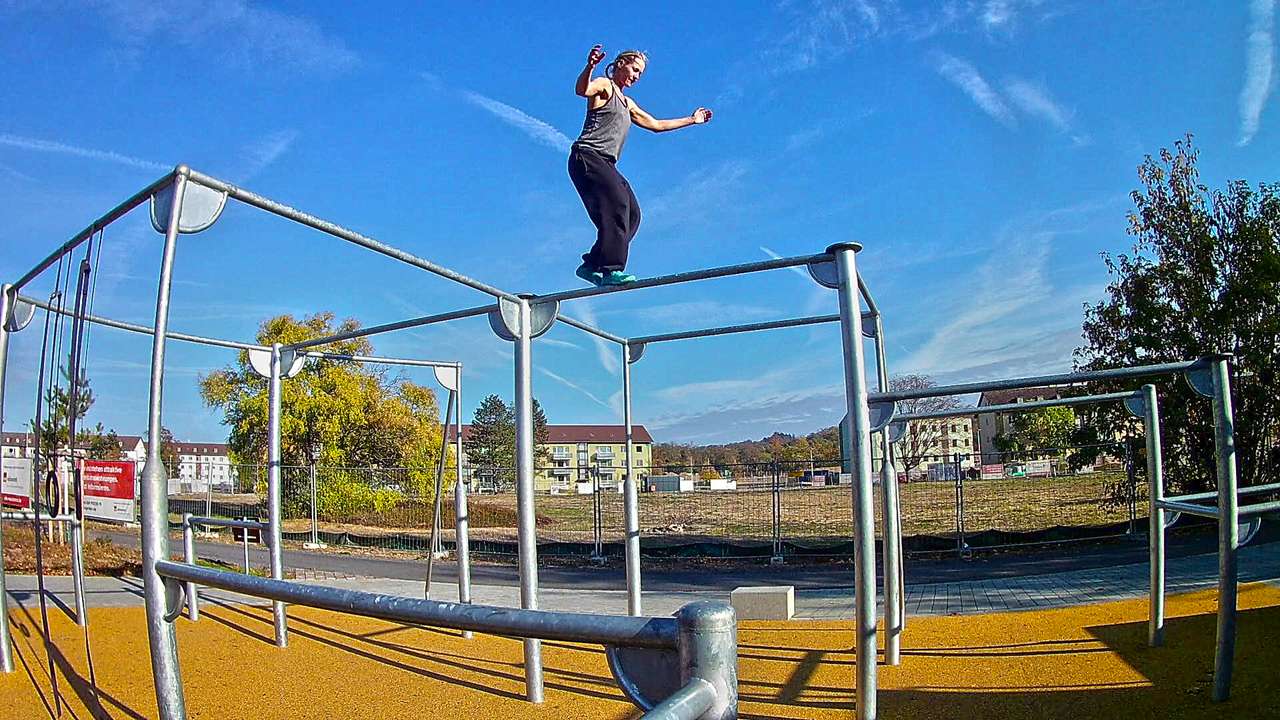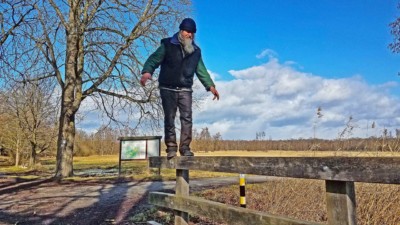Armory of Courage
9 tools to help you brave fear
When I first climbed up a high rope course, my legs shivered.
My hands clung to the pole. I could hardly bring myself to let go.
Even though I was technically safe.

I despised myself for this lack of control. It was embarassing. Let alone impractical. I wanted to be able to move up here and enjoy myself like apparently all of my peers did.
Naturally, this wasn’t the last I saw of anxiety, fear or doubts.
This physical paralysis though taught me that at times will or reason aren’t enough. Sure, it helps to know how our amygdala works. Or what it takes to build self-confidence.
To overcome adverse effects of our automated fight or flight response however we also need somatic tools.
They are the most natural and effective way to regulate our nervous system. Applied well, they allow us to quickly settle back into a state in which we’re able to use reason and skills. Find more in the below Armoury of Courage
Courage is the most important quality:
It allows us to consistently practice all others.
– Aristotle
Armory of Courage
If a tool speaks to you, click its title to read more
Courage is like a muscle
We strengthen it by use
– Ruth Gordon
Sources
S. S. Pillay, Life Unlocked: 7 Revolutionary Lessons to Overcome Fear
K. Ravikant, Love Yourself Like Your Life Depends On It
N. Branden, How to Raise Your Self-Esteem: The Proven Action-Oriented Approach to Greater Self-Respect and Self-Confidence
Kudos to Thomas Couetdic, for helping me get aware of the joys of courage


